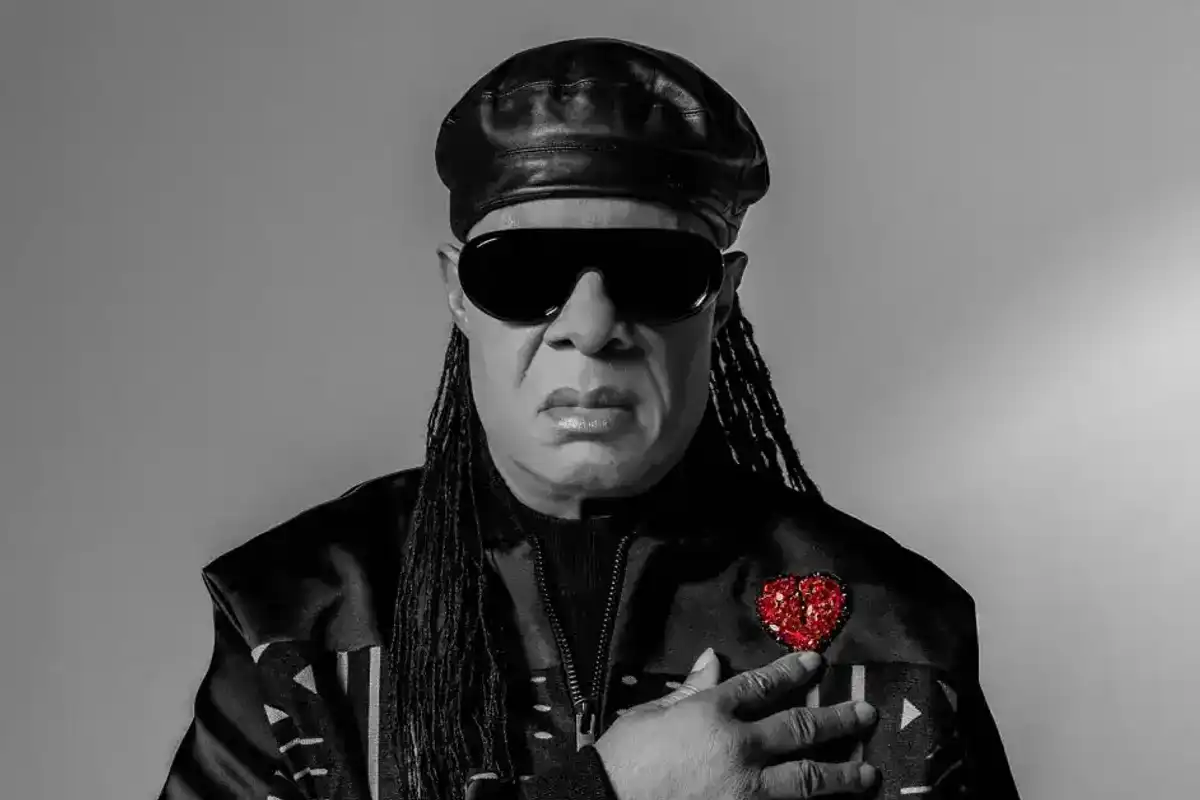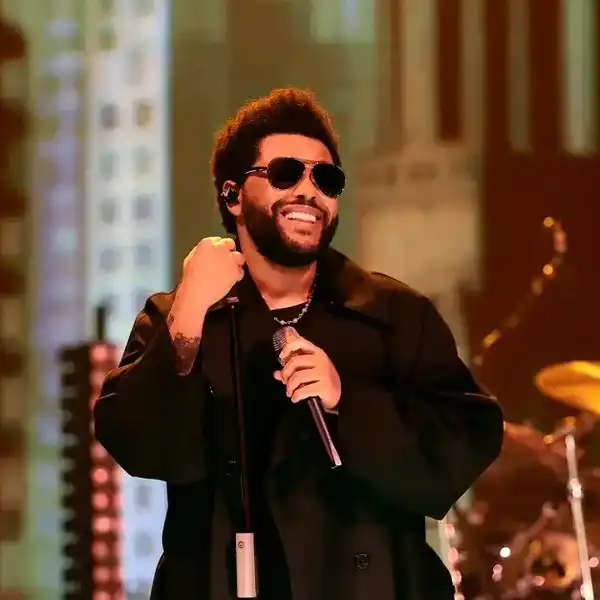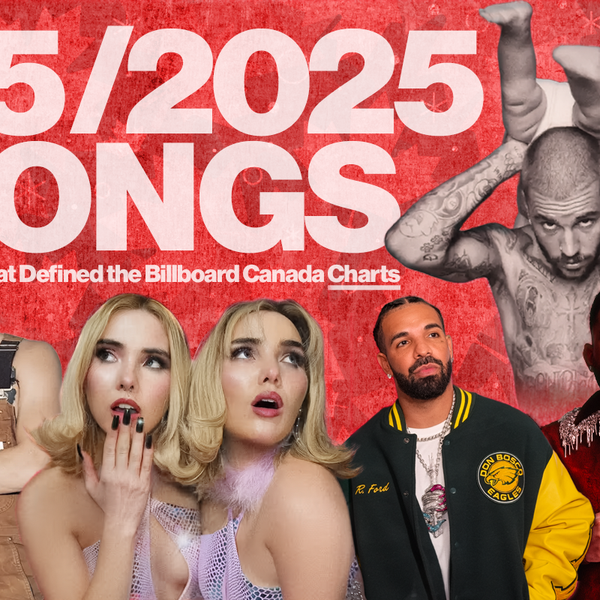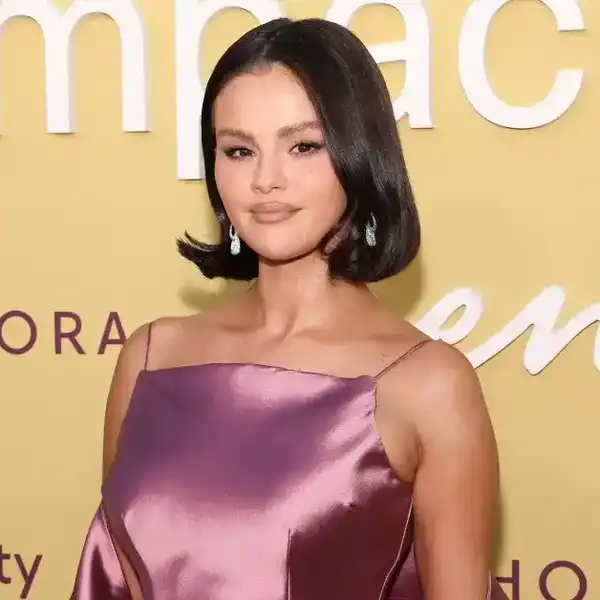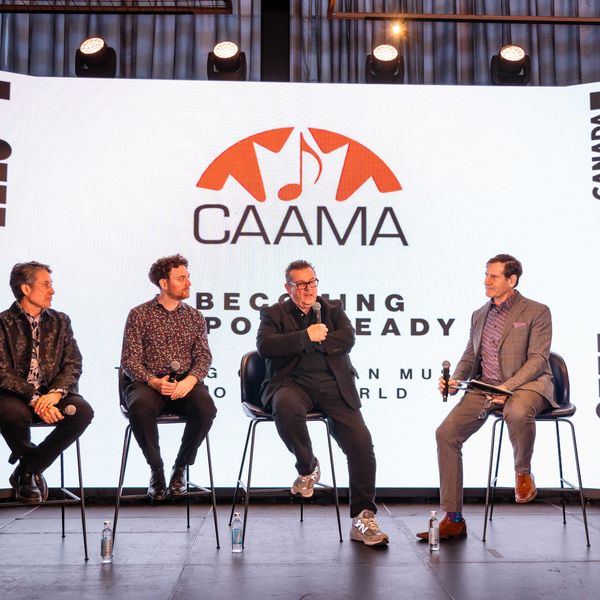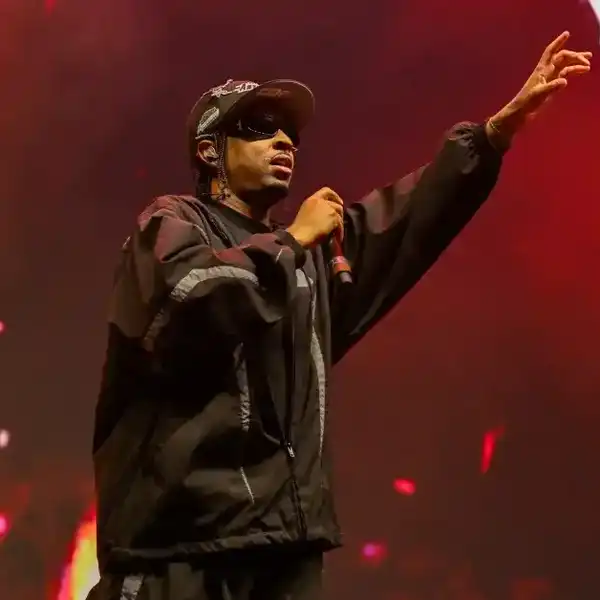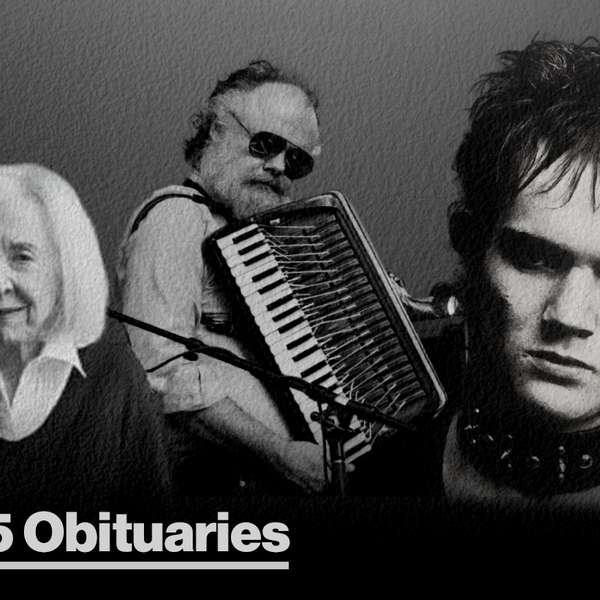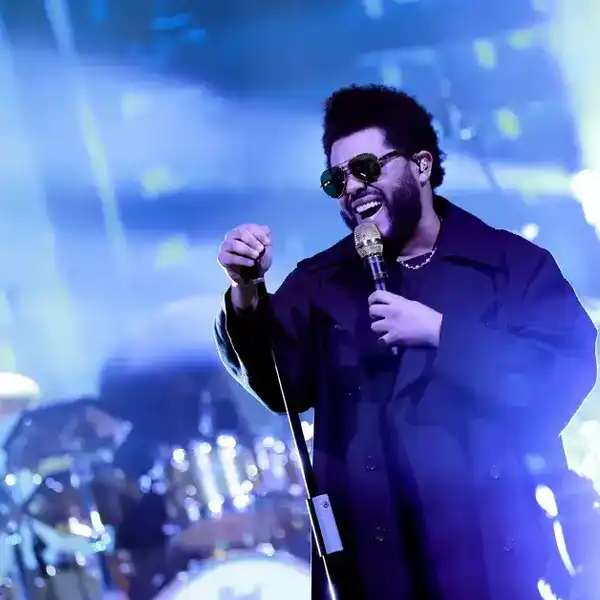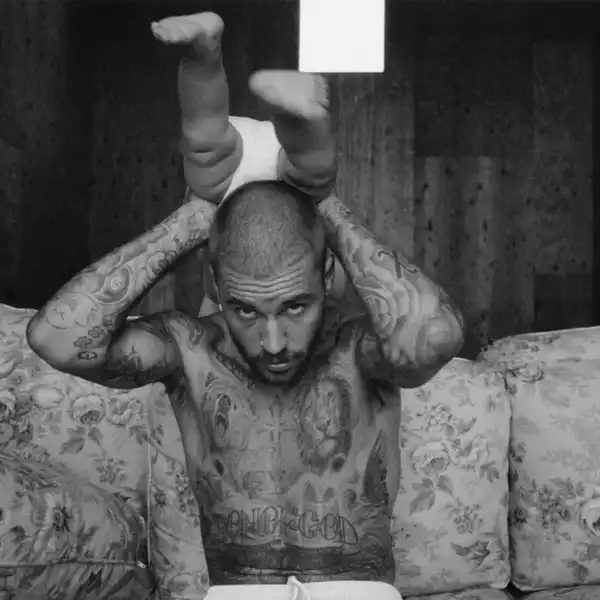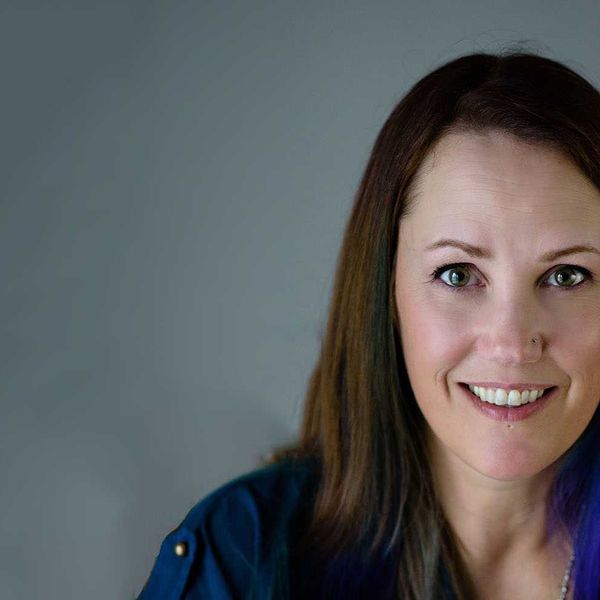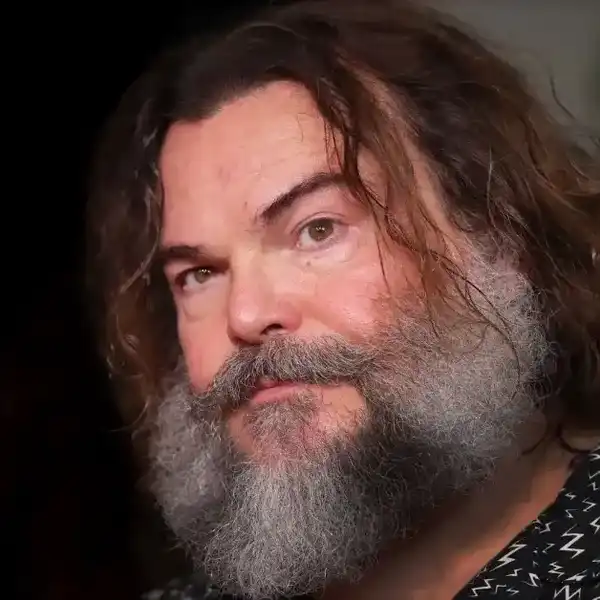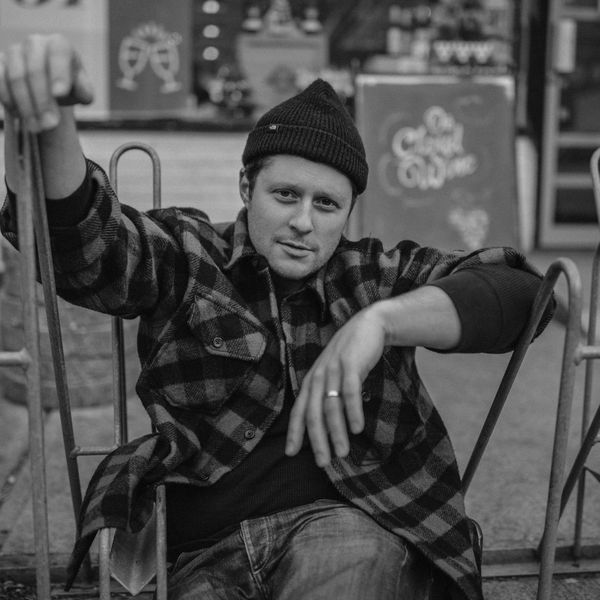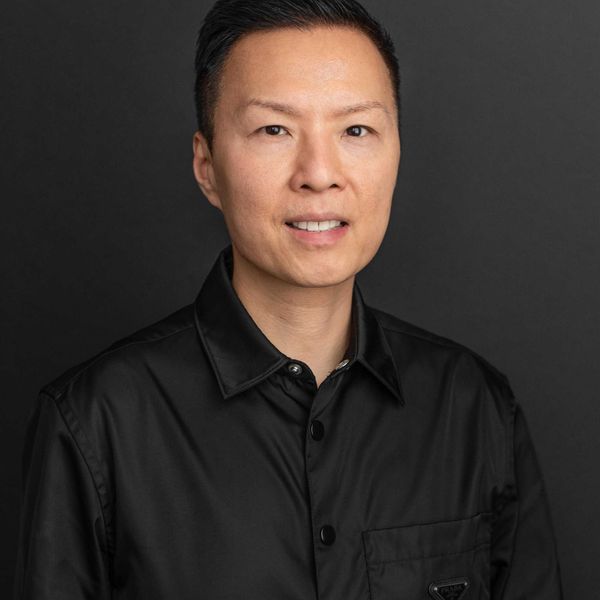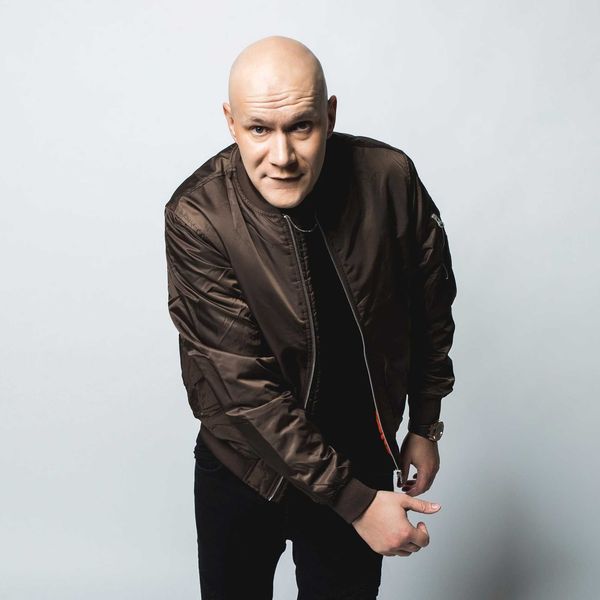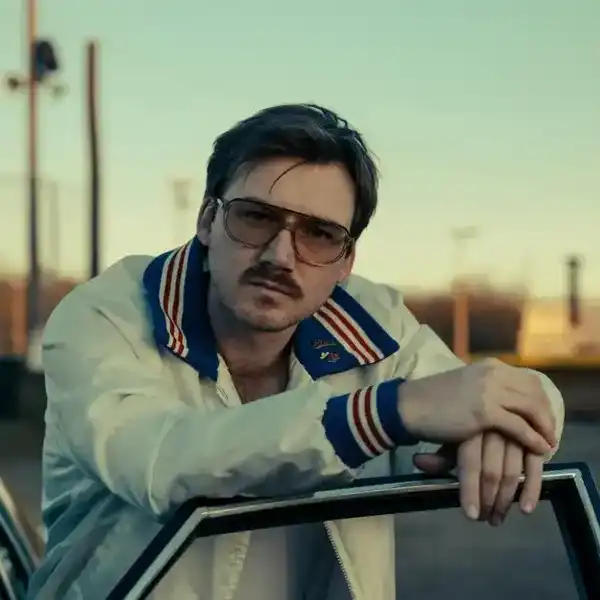Songwriters Honoured At Massey Hall CSHF Gala
Canada has been killin’ it with its awards shows in 2022, with the Juno Awards being one of the best in recent memory and this past weekend’s Canadian Songwriters Hall of Fame (CSHF) one of the coolest, most inspirational nights that the Canadian music industry has attended in a long time. With video.
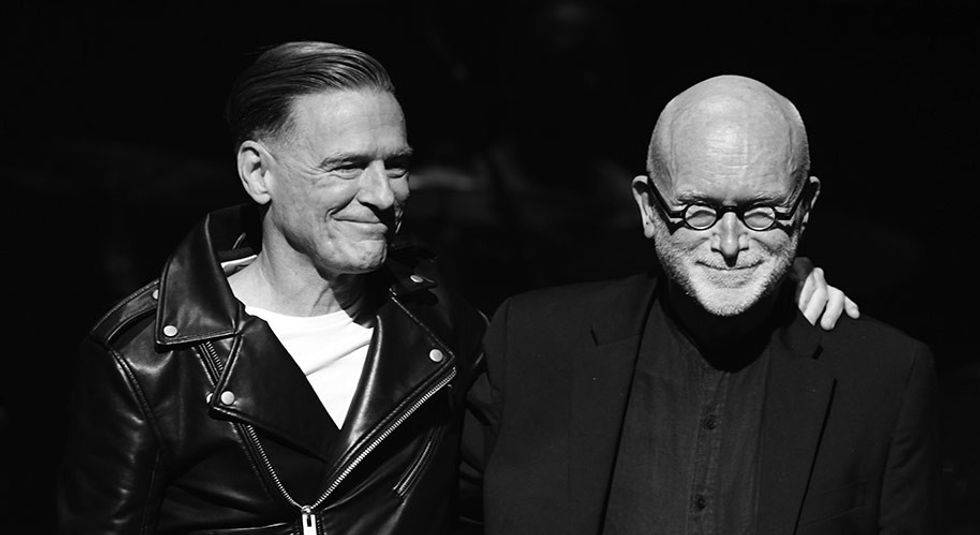
By Karen Bliss
Canada has been killin’ it with its awards shows in 2022, with the Juno Awards being one of the best in recent memory and this past weekend’s Canadian Songwriters Hall of Fame (CSHF) one of the coolest, most inspirational nights that the Canadian music industry has attended in a long time.
Of course, that is due to the five legendary songwriters whose songs are soundtracks to our lives: David Foster, Bryan Adams, Jim Vallance, Alanis Morissette and, for the French-speaking world, Daniel Lavoie.
The gala ceremony at Toronto’s Massey Hall ran three-and-a-half hours, with a brief intermission, but it didn’t seem long. We’re certain most of the audience could’ve listened for another three-plus hours to stories about how they got from A to B, their struggles, inspiration, and passion for writing, and the odd cat piss story (read on).
Hosted by Quebec singer-songwriter Marie-Mai, the artists that paid tribute to the inductees also made the night. Deborah Cox, the latest inductee into the Juno Awards’ Canadian Music Hall of Fame, was stratospheric on Whitney Houston’s I Have Nothing; Nickelback’s Chad Kroeger and Ryan Peake rocked the house with Summer of ’69; Serena Ryder emulated Morissette, hair-a-flowin’, on You Oughta Know, and many others, including Alessia Cara, Jessie Reyez, Charlotte Cardin, Chicago’s Neil Donell, JP Saxe, Bobby Bazini, Divine Brown and Bruno Pelletier. Marie-Mae switched hats too, plus a 10-piece house band led by Lou Pomanti. American pop star Olivia Rodrigo flew in to induct Morissette, but, alas, did not perform.
No doubt the highlight for those of us who could never pick a favourite between Bryan and Corey — 40 years ago, or now — was seeing Hart sing (Everything I Do) I Do It for You and Straight from the Heart.
“It’s a great honour for me to have been asked tonight to pay tribute to your outstanding songwriting career,” Hart said to Adams from behind the piano. “Gotta be honest, you and I, we shared a little history. Way back in the day, when we were a lot younger — mind you, we were not as good looking as we are today — the Canadian industry and media and so many people made a big fuss about you and I being these rivals — and maybe there was just a little tiny shred of truth to that, but I can tell you tonight, speaking in front of all these folks, straight from the ‘hart,’ from day-one, I always had the deepest respect and admiration for you, sir.”
The two then shared an impromptu hug, a teen dream moment, to be sure — and a concert tour waiting to happen (just putting it out in the universe).
The Hall of Fame ceremony ended with a surprise performance of Tears Are Not Enough, co-written by Vallance, Adams, Foster (and Rachel Paiement), which raised $3 million for famine relief in 1985. Almost all of the performers from throughout the evening — plus another 2022 inductee, Murray McLauchlan (presented at this summer’s Mariposa Folk Festival) — joined some of the singers from the original recording, including Dan Hill, Jane Siberry, and Andy Kim. Foster played piano. Adams sat in the audience, enjoying the finale.
The Canadian Songwriters Hall of Fame is wholly owned by SOCAN and operates at arm's length.
Below are some nuggets pulled from the inductees’ speeches, inspirational, touching and funny:
“It’s true I was Ronnie Hawkins’ bus driver. I’ve got lots of stories about that time in my life, but I can’t tell them here or anywhere for that matter. I miss Ronnie. Like a lot of Canadians, he was one of my first mentors, along with Edmonton’s own, the incomparable, Tommy Banks. That's one of the great things about this country — this incredible community of artists and performers — we support each other. We raise each other up. To be recognized here, in such exceptional company, is a great honour. And congratulations to all my other honourees, as well. Quincy Jones used to say the three ingredients to a hit record are — the song, the song, and the song. So, to come home, and be recognized for songwriting, it’s really the highest praise a musician can hope for. So where would I be without music? I honestly can’t imagine another path. Of course, there’s been many highs and many lows, but looking back there’s no doubt I’ve lived the best of all possible lives.”
“A friend and great Canadian said, ‘You know why you don’t go in elevators? Because you’re afraid you’ll hear your own music in there. I get it. It’s not Alanis. It’s not Bryan. It’s wallpaper music. It’s middle of the road — the kind of songs you play for your grandmother. I say, ‘popular,’ but you can say whatever you want. It’s the music I hear and it’s the music that comes through my hands when I sit and play at the piano. I didn’t choose my sound; my sound chose me. And for the record, I do love all kinds of music — Drake, Bieber, The Weeknd, Bublé — they’re all killin’ it — and they’re all uniquely… [pauses, crowd yells, along with him] Canadian.”
ALANIS MORISSETTE
“I was really young when I started writing and there’s a book I have at home that is one of those questionnaire books that basically said, ‘What do you want to be when you grow up?’ and I remember the first thing I wrote when I was six was that I wanted to be a writer. I thought being a writer would be great; I could just stay in sweatpants the rest of my life, but then the singing thing caused trouble. I don’t want to be too precious about what it is to song-write because there is an element of songwriting that is really non-precious and very stream of consciousness. My kids run around the house basically singing to me instead of talking with me. I ask them how their day was and they’ll sing for an hour, which is awesome [laughs]. I do hit record sometimes — ‘sing into my lapel.’”
“The songwriting process for me is just so hyper-present. It’s like a receptivity muscle that has to be cultivated because I hate writing, by the way; it’s the worst. So, when I sit down to write, it’s that sort of daunting torturous, excitement, giddiness and it’s incumbent upon me to just stop and listen and then hear it, heed it, write it, share it. So, when I write it, it's for me, but then when I share it, it’s yours. It’s everyone else’s to interpret as they will. I’ve heard some interesting interpretations that I love. This one woman came up to me and she said, ‘I love that song that you wrote about being in love with your lesbian teacher.’ And I said, ‘Well, which one because there were a few hot ones.’ [laughs] So at that point, it’s not up to me to correct anything. It’s a song that is made yours at that point.”
“Contrary to popular belief that strife is the only thing that can feed inspiration, I feel that what we are as writers, and songwriters, specifically, is we mark things. We mark a feeling that’s intangible and really hard to describe. So, in some ways, I feel like I’m marking and putting into words, and sometimes rendering pithy, something complicated, and distilling it. In some ways, I feel like a distiller. And the best part about songwriting, for me, is being in a room and feeling safe.”
DANIEL LAVOIE
“Trying to find something intelligent to say here tonight, I did go through 50 some years of songwriting and I realized something I hadn’t realized before — most of us who practice this craft with, I dare say, love, seriously, and with a good amount of passion, well, most of us know how to write a good song. You give us a good subject and a couple of days, and maybe a glass of wine or a joint, and we will write a good song. None of us — maybe David Foster excepted — none of us knows how to write a great song. The great songs are decided by you — the public. You decide which of our good songs become great songs, and great songs are important because the great songs are the ones that pull us out of poverty and get us to meet celebrities and make speeches like this one at great soirees. And the relationship we have with you as a public is very ephemeral. It can last anywhere from one year to five, or if you’re really lucky — or if you’re David Foster — maybe much more, but otherwise it usually goes away and you go to younger and cooler songwriters, and we go back to writing good songs. I have been very privileged to have been chosen by you a few times and it has changed my life; it has pulled me out of poverty, and I have met a lot of celebrities [laughs] and I am making a speech here tonight.”
JIM VALLANCE
“I was on SOCAN board for decades and let me tell you these people care deeply about Canadian songwriters and Canadian music. In 1964, at the age of 11, I saw The Beatles on TV and I was blown away; I still haven’t recovered. Right then, right there, I knew that’s what I wanted to do. Parents and teachers did their best to discourage me. ‘You can’t make a living at it,’ they said. And they were right, for a while. Actually, for quite a while, but I was determined to prove them wrong. Sixty years later, I feel blessed to say music is the only job I’ve ever had.”
“It was a chance encounter at Long & McQuade in 1978 that changed everything — Bryan Adams, 18 years old, talented and tenacious. The only direction he acknowledged was up and I was ready to go on that ride with him. It wasn’t quick or easy. We worked long hours, seven days a week. It took eight years, but we eventually had a No. 1 song on the charts and then we worked even harder. Forty-five years later, we’re still at it.”
“A few years ago, my neighbour came over for a visit. He’s a cancer research scientist. When I showed him my home studio, he said, ‘You actually know what all these buttons are for? That’s amazing.’ And I said, ‘No, you’re amazing. I’m just a songwriter. You save lives.’ And he said, “I’m telling you, as a doctor, you wouldn't believe the healing power of music.’ — the healing power of music. And there it is. That’s the answer. That why we do that we do.”
BRYAN ADAMS
“The best advice I ever got as a songwriter came from a guitarist I was working with when I was a teenager. This was when we were playing clubs and I was about 16. It seemed to me, the best way to get out of the shitty clubs, and into the better shitty clubs, was to have original music, so I said to him, ‘Man, we should write our own music.’ And he looked at me and he said, ‘Yeah! You do it!’”
“The thing that makes me most happy about tonight, about receiving this award, is seeing my great friend, Jim Vallance, be properly honoured — seriously. I met Jim, as you heard, we met at a music shop in Vancouver not long after the advice I’d been given, and I still don’t understand why Jim thought it would be a good idea to work with me because I hadn’t done anything. I was just 18 and I couldn’t even afford bus fare to his house. I had to borrow it off him. But Jim’s instincts were right because the first day we got together to write songs, we wrote songs.
“And looking back on the early days was interesting because Jim lived in a very small rented house in Vancouver. He had a little studio tucked away in the corner of a dark basement, which also turned out to be the pissing ground for his roommate’s cat. The cat was either very territorial or he just hated us because he only pissed where we worked. Each day would start with us searching out what instrument the cat had pissed on, followed by writing songs. I remember watching Jim go around, [makes gestures of wiping down surfaces and smelling his hand]. I’m not kidding you. I’m really not [laughs].
“But sometimes we’d be so excited about a song we had written, we’d get in his car listening to it over and over and over on a cassette, and we thought we were onto something. The problem is no one else did. That changed when I got a call from a guy named Brian Chater, who actually listened to our demos. He flew out to Vancouver and promised me a record deal and he delivered. And it wasn’t the best deal, but it was a foot in the door. The rest of the story is kind of a big catalogue of songs, which some of you may have heard. As my late father would say to me, when something went right, ‘Hats off.’ So, in this case, hats off, Jim — and thanks for the bus fare.”

